Sisters living in fear as High Court ruling sets mum’s killer Tony Kellisar free
Tony Kellisar killed his wife and dumped her body in a wheelie bin acid bath. Now a High Court ruling has set him free, and his former stepdaughters are terrified he will come after them.
Police & Courts
Don't miss out on the headlines from Police & Courts. Followed categories will be added to My News.
Two sisters whose stepfather murdered their mother when they were small children say they are living in fear he will hunt them down after the High Court opened the door to the killer being released.
Since 1999 — when he was sentenced to 22 years in a Victorian prison — Sydney sisters Serrah and Bianca Katz have dreaded that their former stepfather Tony Kellisar might one day be freed.
In November 1997 Kellisar murdered their mother Svetlana Podgoyetsky in Melbourne. She was on a work trip and he had secretly followed her from Sydney.
He then drove her body back to Sydney where he tried to dissolve it in a vat of acid.
Despite overwhelming evidence his crime was premeditated, he tried to convince a Victorian jury he had killed his wife by accident.
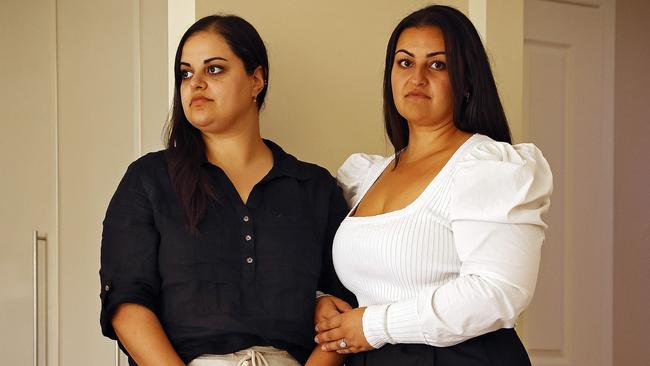
He was sentenced to 22 years with the Victorian Court of Appeal judge later saying he was lucky not to be given life.
Kellisar had been given refugee status after arriving in Australia from Iran in 1990 on a forged Canadian passport.
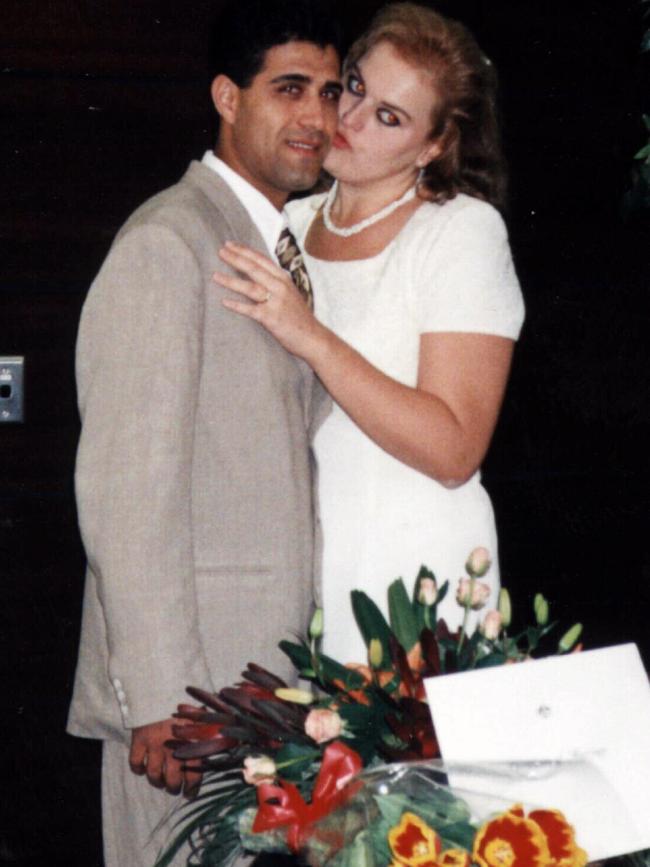
Since he was released from prison in 2021 he has been in immigration detention trying to fight an order that his visa be cancelled.
Now, thanks to the High Court’s ruling that criminals who have had their visas cancelled and cannot be returned to their country of origin must be released, Kellisar has been given a chance of freedom.
It is a prospect that terrifies the sisters and their wider family, who believe the killer harbours a grudge against them for testifying against him.
“I don’t feel safe. I don’t think my family is safe,” Bianca said.
As recently as 2019 Kellisar complained to the Lawyer X Royal Commission in Victoria he didn’t get a fair trial because of collusion between his wife’s family, who are Russian, and one of his solicitors, who was also Russian. His claims were not substantiated.
“When he murdered my mum, he came back looking for my sister and I,” Serrah said.
“This happened to me when I was five.
“Growing up without your mum was awful, but what was worse was having in the back of your mind one day he would be released.”
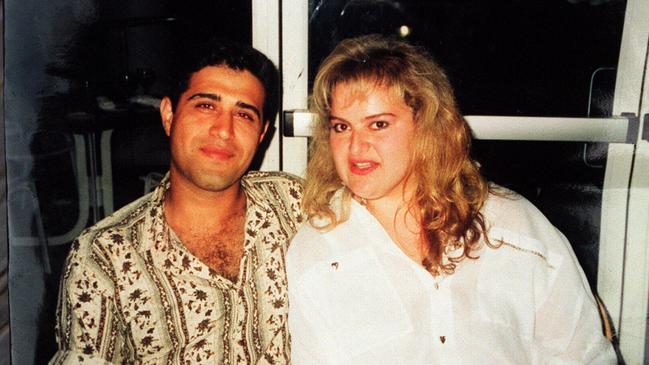
Their fear stems from the fact that when he arrived back in Sydney in 1997, Kellisar tried to take the children from their grandparents’ house.
“I have no doubt he wanted to murder us, we’ve grown up knowing if he ever got out he would come for us,” Serrah said.
Bianca said they both had vivid memories of Kellisar’s violence towards them.
“He was violent with me and my sister, more so me because I was older,” she said.
“I just grew up in fear and that fear has never left,” Serrah said.
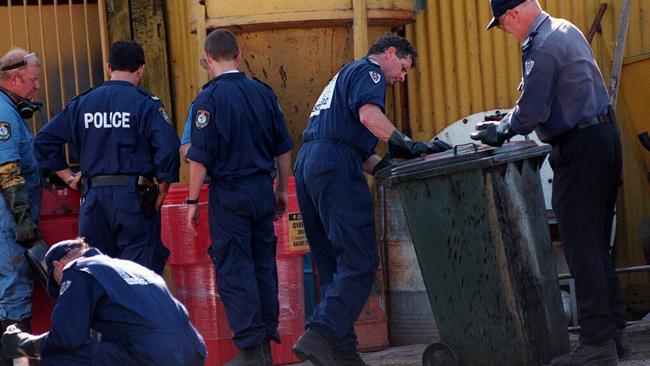
Since Kellisar was released into immigration detention they have been told nothing by the federal government about his whereabouts, being advised in September that privacy rules precluded them being told where he was.
Since the High Court’s decision they have also been ignored, despite emailing the Department of Home Affairs.
Until The Saturday Telegraph told them, they had no idea if Kellisar had been released by the High Court or was still in detention.
“They don’t tell us anything about anything,” Bianca said. “I feel quite distressed and upset and vulnerable. We lived through this once and now it feels like we’re living through this again.”
Last week the government rushed through legislation to deal with the consequences of the High Court decision, which will include the use of curfews and ankle bracelets.
The measures leave Bianca unimpressed.
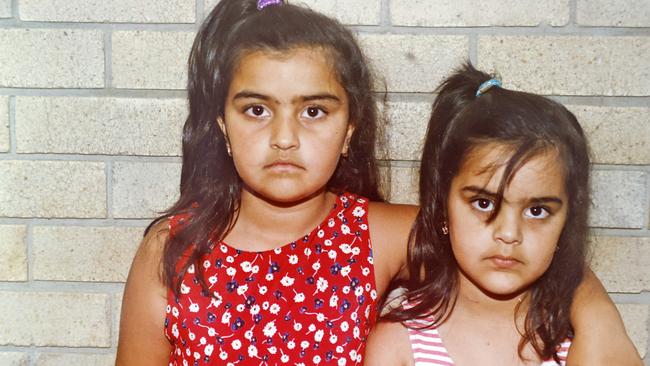
“As citizens of this country, we are now unable to travel freely within our borders due to the fears of encountering him,” she said.
“It’s distressing that our elected representatives haven’t taken stronger measures to protect us, especially after the pain and suffering Serrah and I have experienced for over 20 years.
“Our mother was only 29 years old when he murdered her. And now he gets to live within Australian communities.
“Life is a precious gift, something that he does not value. How can this be real? How can this be happening? Why is my government not standing up for me?”
Opposition home affairs spokesman James Paterson said cases like Kellisar’s showed why more must be done to protect Australians from high-risk non-citizens now released into the community.
He said it was “utterly unacceptable” that the family had been kept in the dark about whether Kellisar had been released.





